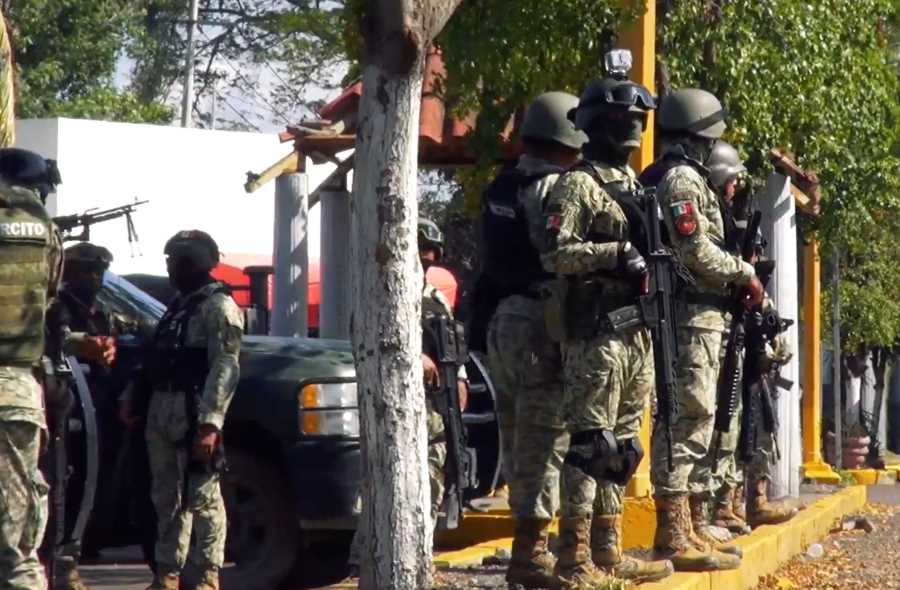Bodies Litter Streets as Mexican Army Battles Ruthless Cartels in Culiacán
Culiacán, Mexico, is engulfed in a wave of violence. Armed groups have taken control of the city, leading to a surge in homicides. Residents are living in fear as shootouts and kidnappings become commonplace.

The violence that has gripped Culiacán in recent weeks shows no sign of abating, with the city experiencing yet another bloody day as criminal gangs wage war in the streets. In the past 24 hours, 11 people were brutally murdered in a series of chilling incidents, pushing the death toll from the recent wave of violence to 221 since September 9. This escalation follows a fierce rivalry between the notorious drug factions Los Mayitos and Los Chapitos.
The city awoke to news of the latest carnage, with reports of bodies being found in various locations across Culiacán, further deepening the community's sense of fear and helplessness. Early Sunday morning, police found three lifeless bodies at kilometer 122 on the Culiacán-Mazatlán highway, the latest grisly discovery in a city overwhelmed by death. The men, their bodies showing signs of torture and gunshot wounds, were abandoned by the side of the road—a horrifying testament to the brutality of the drug cartels' ongoing war.




